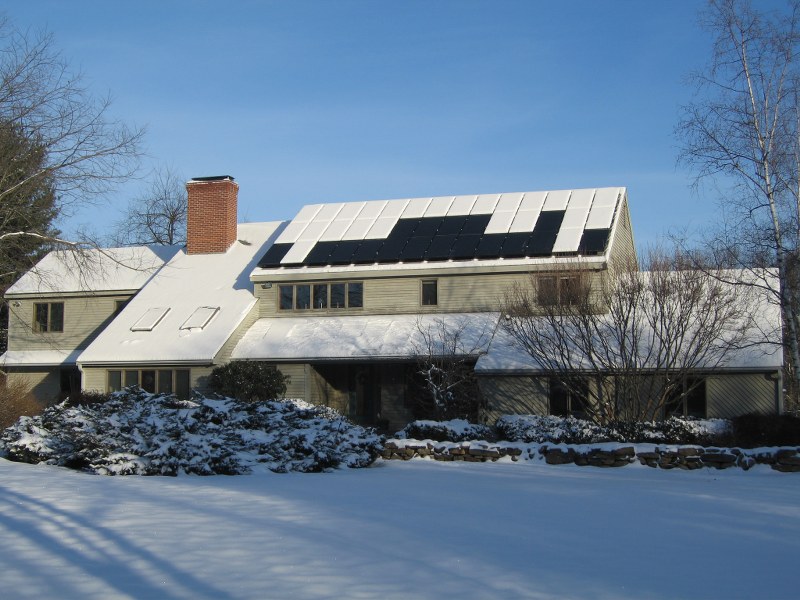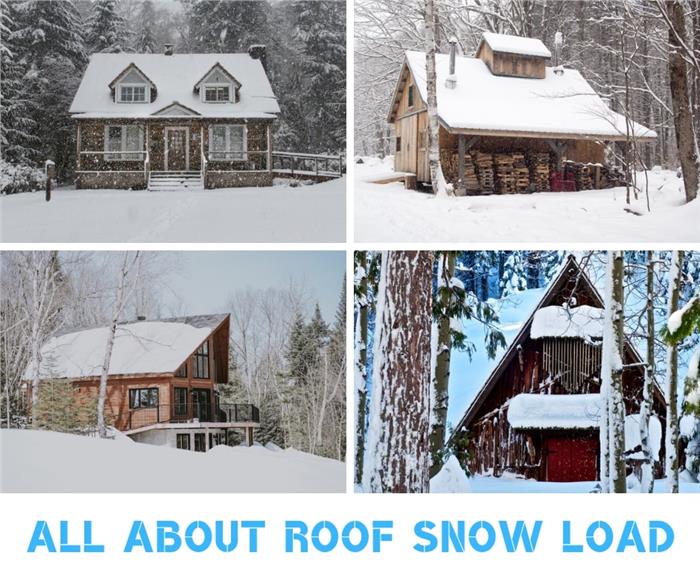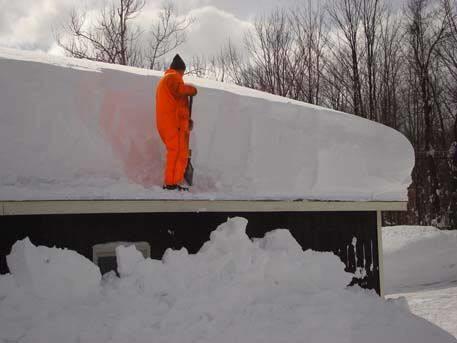These distinctive roofs with overhanging eaves feature four medium pitched sides and are characteristic of dutch architecture and help disperse snow loads in northern climates.
Roof pitch for snowy climates.
A pitched roof works well in any climate and is the most common roofing style.
Pitched roofs including gabled and hipped roofs are the most common types in the united states.
Then some areas suffer from heavy snow and colder climates which also require special roofing considerations.
Roofs oriented north and south have the worst problems with these types of ice dams.
To reduce the likelihood of ice dams roofs should be oriented east and west to promote even heating and cooling of the snow.
If you are adding an addition to your home or installing skylights knowing the.
Hipped roofs are often used in complex roof formations with the hips facing different directions.
When you live in an area that is prone to cold and snow you want the best roof materials for cold climates that you can get.
The purpose of pitching a roof is to enable water and snow to run off so the greater the amount of rain and or snow an area receives the greater the amount of pitch needed for the roof.
I would recommend the shingle style.
Snow bars or guards.
Roofs in the midwest and other cold areas will lie under heavy piles of snow for months.
How to determine roof pitch measure roof pitch for existing roof.
Often it is not the amount of snow but repeated freeze thaw cycles that causes trouble on a low sloped shingled roof.
Avoid roof designs and proximity to natural topography that cause shading which can lead to snow accumulation and ice damming.
Snow bars or guards are devices that will allow the snow and ice on your metal roof to fall off in small amounts or even melt completely before falling to the ground.
A minimum slope of 1 inch per foot is recommended in snow country.
I ve been an architect in ma for 38 years and in this climate i would only use a 4 12 pitch over an unheated space or open porch.
Their main purpose is to prevent the sudden release of snow and ice from your roof known as a roof avalanche.
Any pitch higher than 9 12 is considered a steep pitch.
The standing seam metal roof on this ice hockey rink leaked like a sieve a few weeks after the first snow arrived.










